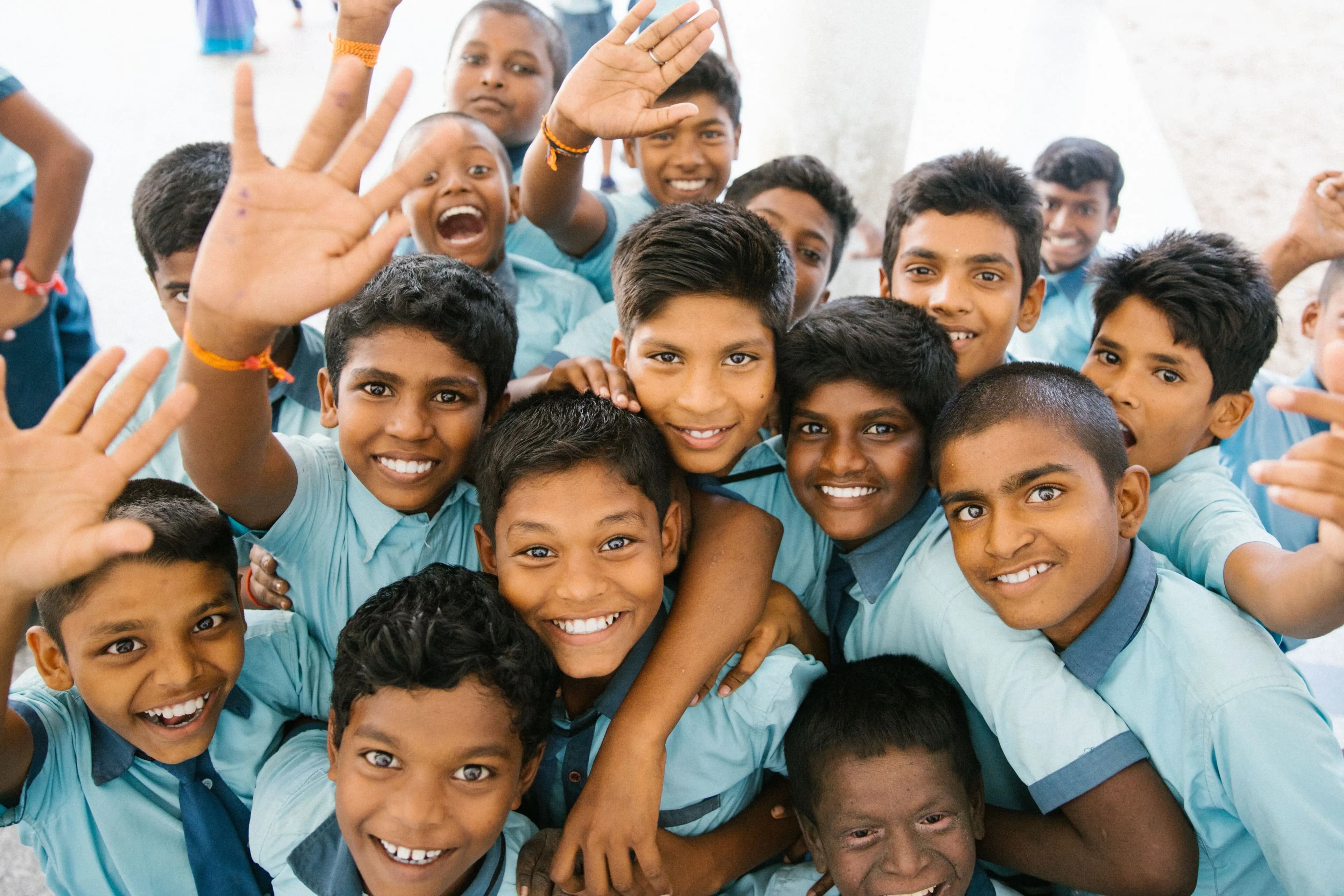
Blog
Settle In. Read Deeply.
Our blog isn't just news — it's a space for reflection, for slow thinking, and for understanding what truly matters.
Why 30 Million Children in India and Nepal Deserve Better: The Orphan Crisis Explained
They aren’t numbers.
They are lives—abandoned, invisible, and forgotten.
India has over 29.6 million orphans, according to UNICEF and Udayan Care.
Nepal adds nearly 1 million more.
Together, that’s the population of an entire nation of children.
With no parents. No protection. No roadmap.
This is not a distant, abstract problem.
It’s a humanitarian emergency—hiding in plain sight.
Most of these children don’t live in orphanages.
They’re scattered—on the streets, in exploitative households, or in institutions barely fit for animals.
Less than 0.3% are adopted.
The rest?
Lost in bureaucracy, bounced between shelters, or worse—trafficked.
Here’s the hard truth.
There is no scalable system today built to give them a real shot at life.
Governments are overwhelmed.
NGOs are fragmented.
Donors are blind to the scale.
We’re not talking about charity.
We’re talking about human capital waste on an unimaginable scale.
Imagine 30 million minds without mentors.
30 million hearts without hope.
30 million futures derailed before they begin.
What if even 1% of them could be the next Sundar, Kalpana, or Malala?
But we won’t know.
Because we don’t care enough to build for them.
This isn’t about handouts.
This is about systems.
Imagine a platform—part digital, part physical—
where orphans are matched with donors, mentors, and volunteers using AI.
Where every child has a dashboard, not just a dusty file.
Where impact is measurable.
Where love becomes infrastructure.
Where scaling compassion is as important as scaling code.
This is the startup of humanity.
And we are late to build it.
The crisis isn’t just moral.
It’s economic, geopolitical, and generational.
A society that ignores its orphans seeds instability.
A region that uplifts them unlocks exponential talent.
So, what are we waiting for?
The Srinivasam Foundation is our first step.
But it’s just that—a first step.
We need partners, builders, funders, believers.
Not tomorrow.
Today.
Because every day we delay, another dream dies unnamed.
Let’s not be the generation that failed 30 million children.
Let’s be the one that finally said: No more.
